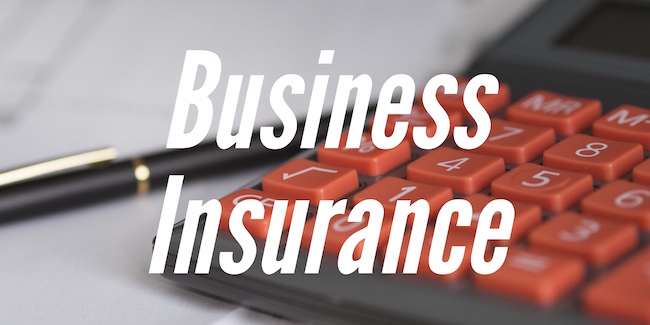No matter how long you’ve been in business, you should always be looking for ways to cut costs. Your small business insurance is one of those costs that comes directly out of your bottom line. When a business owner purchases an insurance policy they obviously hope they never have to use it. Because of this they’ll often pay it little attention. The truth is, your insurance policy is a great place to cut back on your expenses. Here’s how to manage your small business insurance costs so you can keep that cash flow in the green.
Always Shop Around for Quotes
In my opinion, every business owner should always choose from at least three options when making a finance related decision. In this case, you should ultimately decide between at least three different insurance quotes so you can effectively compare. There are plenty of free services that allow you to compare small business insurance quotes. Here are three notable service:
- Insureon: With Insureon you can search for quotes by business type and industry. You can also consult with a specialist via their live chat.
- NetQuote: NetQuote will pull up a wide array of quotes from agencies near your business location. You can customize search based on location, size of business, number of full and part time employees, and whether or not you have an existing policy.
- CommercialInsurance.net: This company offers to build your business a custom insurance plan based on your specific needs. Whether it’s commercial, vehicle, or just general liability, they will find a solution that works for you.
Remember, typically you get what you pay for. Going for the cheapest quote may not always be the smartest option. Run a cost benefit analysis for each potential policy and make a choice based on risk/reward. Maybe the cheapest option gives you less coverage, down the road this may be a very expensive mistake.
Deductibles
A deductible is essentially the amount you’ll have to pay out of pocket in the event of a claim. Common deductibles usually range from $250-$1000 for small business insurance policies. If you’d like you can inquire about higher or lower deductibles, here are the implications of each:
- High-deductible: Insurers may give the policy holder additional credit for high-deductibles as they are assuming more risk. This essentially reduces the amount of smaller claims payments that would need to be made by an insurance company. Again, you need to evaluate risk-reward here.
- For example: If you increase your deductible from $250 to $1000, and the policy holder credits you back $50 annually for the policy, you’ll need to stay accident free for 15 years for it to be worth it. This is an extreme example, but you get the point.
- Low-deductible: On the contrary if you opt in for a lower deductible you may receive a policy debit since you are transferring the majority of the risk onto the insurer in the event of a loss.
Keep in mind that in the event of a loss you’ll need to cover the deductible immediately out of pocket. If you’re planning on putting the majority of your free cash back into the company to scale, you may not be able to pay a deductible when disaster strikes. Opting in for a $10,000 deductible may save your hundreds if not thousands over the years in insurance payments, but it may come back to haunt you if there’s ever an accident.
Look Into a BOP (Business Owners Policy)
A BOP is essentially a policy package that combines most general liabilities a small to medium sized business may face. If you’re eligible this may save you tons of time and money in your search for coverage. Here’s generally what a BOP will cover:
- Property Insurance: This includes buildings and any other contents owned by the company. There are two forms of property insurance, standard and special.
- Business Interruption Insurance: Loss of income in the event of a catastrophe that stops the operation of the business, i.e. fire or earthquake.
- Liability Protection Insurance: Covers your companies legal responsibility for any harm it may cause to others. For example, defect products damaging property or bodily injury to your employees during manufacturing.
A BOP does not cover professional liability, auto, worker’s compensation, or health and disability insurance. If you are looking for coverage in those areas, you’ll need to find an alternative policy. Generally, a BOP is a great place to start if you’re a small business looking to get going quickly.
Small business insurance is not the most exciting aspect of building your company, but it’s quite necessary. Tackle your insurance costs head on using these three tips.











